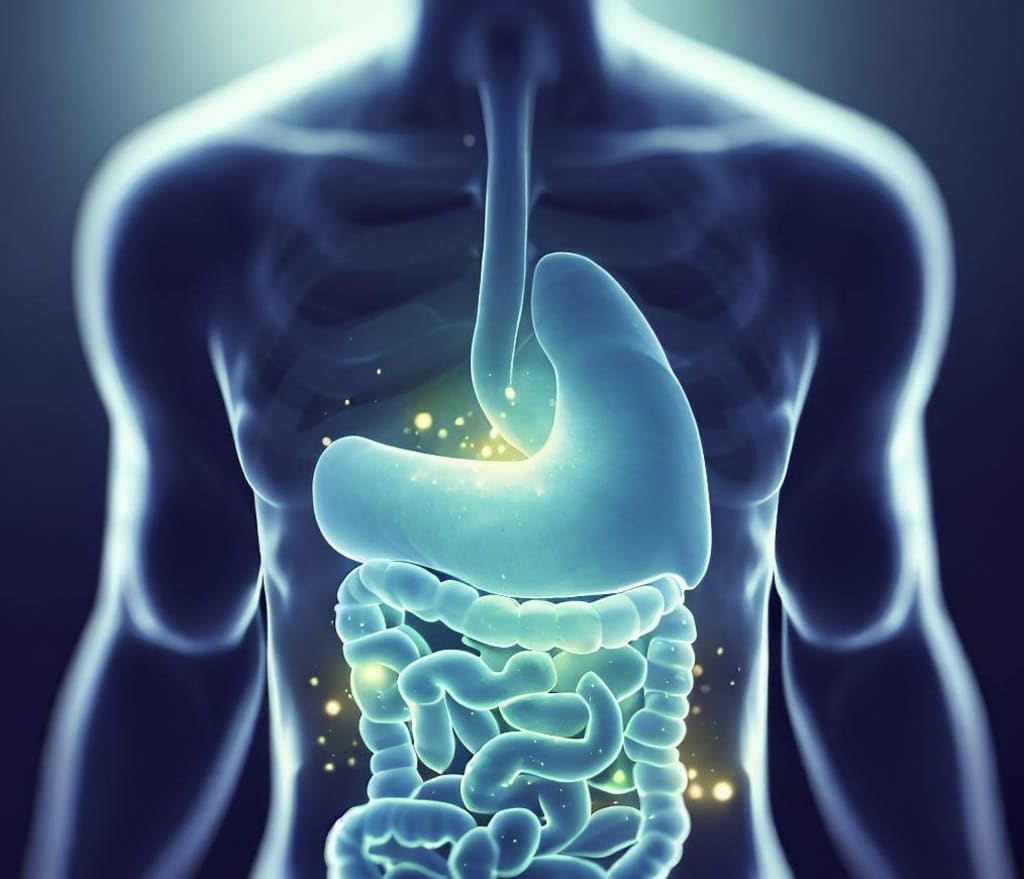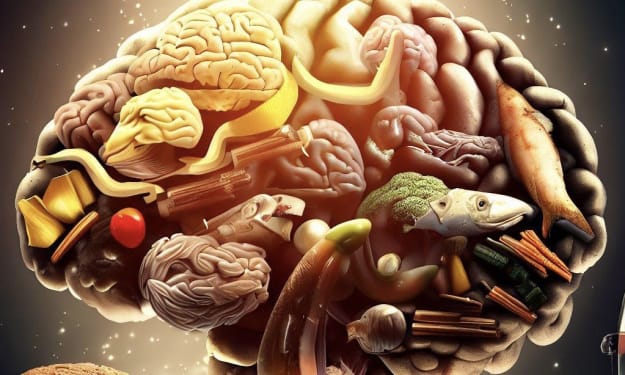Gut Health and Digestion: Tips for a Happy Tummy
Want a Happy Tummy? Follow These Expert-Approved Gut Health Secrets!

The importance of gut health and digestion cannot be overstated when it comes to maintaining overall well-being. A healthy digestive system is not only responsible for breaking down and absorbing nutrients from food but also plays a crucial role in supporting the immune system and maintaining mental health. In this essay, we will explore some valuable tips to promote gut health and ensure a happy tummy.
Eat a Balanced Diet
One of the fundamental factors in maintaining a healthy gut is consuming a balanced diet. A diverse range of foods provides the necessary nutrients, vitamins, and minerals that support optimal digestive function. Including fiber-rich foods such as fruits, vegetables, whole grains, and legumes is particularly important as they aid in regular bowel movements and prevent constipation. Moreover, these foods serve as prebiotics, promoting the growth of beneficial bacteria in the gut.

Stay Hydrated
Adequate hydration is crucial for proper digestion. Water helps soften the stool and move it smoothly through the digestive tract, preventing constipation. It also aids in the absorption of nutrients and the elimination of waste products. Aim to drink at least eight glasses of water per day, and increase your intake during hot weather or physical activity.

Chew Your Food Thoroughly
Digestion starts in the mouth, where the process of breaking down food begins through chewing. Taking the time to thoroughly chew your food not only makes it easier to swallow but also enhances digestion. Chewing stimulates the release of digestive enzymes in saliva, which help break down carbohydrates and initiate the digestive process. Additionally, it promotes better nutrient absorption in the small intestine and reduces the risk of bloating and indigestion.

Manage Stress Levels
The gut and the brain are closely connected through the gut-brain axis, which means that stress and emotions can have a significant impact on digestion. Chronic stress can disrupt the normal functioning of the digestive system, leading to issues like decreased nutrient absorption, increased inflammation, and altered gut microbiota. To support gut health, it is essential to manage stress through practices such as meditation, deep breathing exercises, regular physical activity, and getting enough sleep.

Probiotics and Fermented Foods
Probiotics are beneficial bacteria that help maintain a healthy balance of microorganisms in the gut. They can be obtained through supplements or naturally through fermented foods like yogurt, sauerkraut, kimchi, and kefir. Probiotics support digestion by improving the breakdown of food, enhancing nutrient absorption, and regulating bowel movements. They also play a crucial role in supporting the immune system and reducing the risk of gastrointestinal infections.

Limit Processed Foods and Sugar
Highly processed foods are often low in fiber and high in added sugars, unhealthy fats, and artificial additives. These types of foods can disrupt the balance of gut bacteria, leading to inflammation and digestive issues. Additionally, excessive sugar consumption can feed harmful bacteria in the gut and contribute to conditions like candida overgrowth. It is advisable to limit the intake of processed foods and opt for whole, unprocessed foods as much as possible.

Regular Exercise
Engaging in regular physical activity offers numerous benefits for gut health and digestion. Exercise helps stimulate bowel movements, promoting regularity and preventing constipation. It also reduces the risk of developing conditions such as irritable bowel syndrome (IBS) and diverticulitis. Moreover, exercise can help reduce stress levels, which, as mentioned earlier, can have a negative impact on the digestive system.

Get Sufficient Sleep
Getting enough sleep is vital for overall health, including gut health. Sleep deprivation can disrupt the balance of gut bacteria and increase the risk of developing conditions such as inflammatory bowel disease (IBD) and gastrointestinal ulcers. Aim for seven to eight hours of quality sleep each night to support optimal digestion and allow the body to repair and regenerate.

Maintaining a healthy gut and promoting proper digestion is essential for overall well-being. By following the tips mentioned above, including consuming a balanced diet, staying hydrated, chewing food thoroughly, managing stress levels, incorporating probiotics and fermented foods, limiting processed foods and sugar, engaging in regular exercise, and getting sufficient sleep, you can support a happy tummy and enhance your overall health. Remember that small changes in your lifestyle can make a significant difference in promoting gut health and ensuring a well-functioning digestive system.






Comments
There are no comments for this story
Be the first to respond and start the conversation.